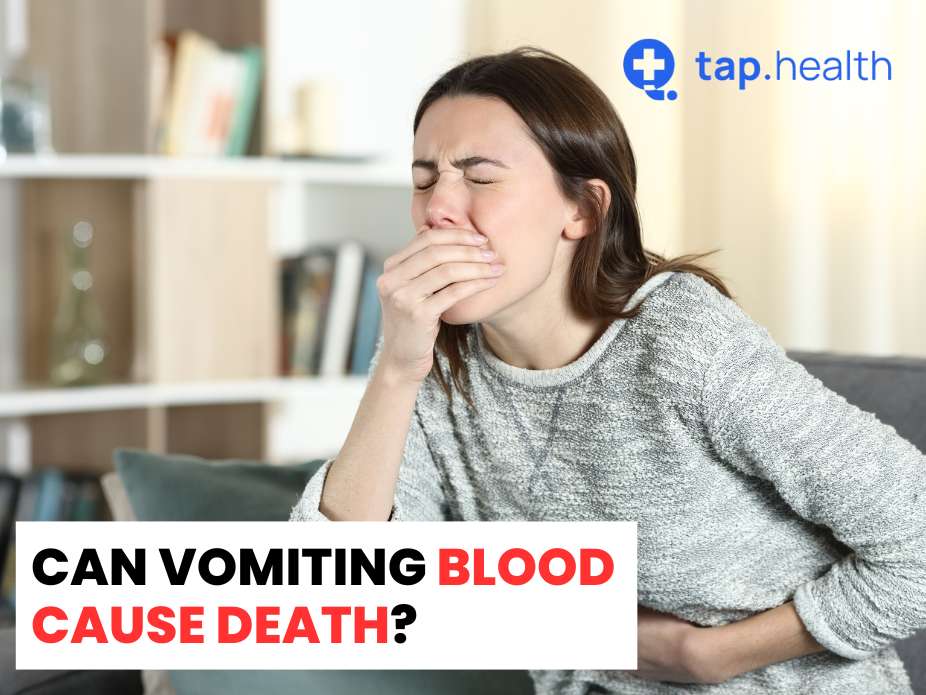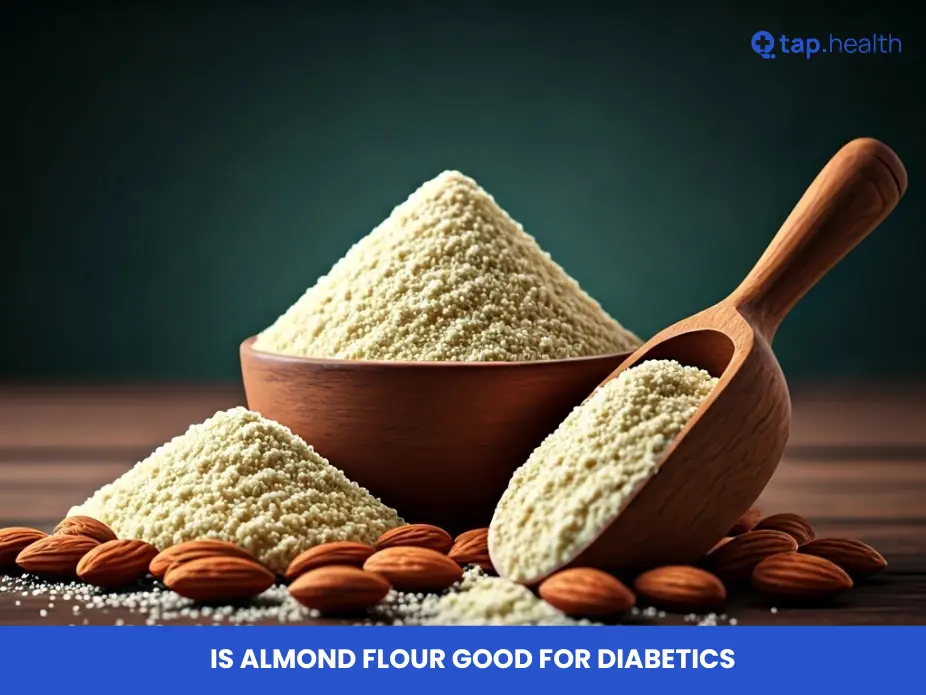Vomiting blood, also known as hematemesis, is a frightening experience that can signify a serious medical condition. But what causes it, what does it look like, and can vomiting blood lead to death? In this comprehensive guide, we will explore these questions to help you understand the gravity of vomiting blood and what you should do if it happens.
What Causes Vomiting Blood?
Vomiting blood can result from a variety of causes. Some of the common reasons include:
Gastrointestinal Bleeding
This is one of the most common causes and can be due to ulcers, gastritis, or varices in the esophagus or stomach.
Esophageal Tears
Known as Mallory-Weiss tears, these occur from severe vomiting or retching, often seen in people with chronic alcohol use.
Liver Disease
Conditions like cirrhosis can cause portal hypertension, leading to esophageal varices that can bleed.
Cancer
Stomach or esophageal cancers can cause bleeding that leads to vomiting blood.
Medications
Certain medications like nonsteroidal anti-inflammatory drugs (NSAIDs) and blood thinners can cause or exacerbate bleeding in the stomach.
What Does Vomiting Blood Look Like?
Vomiting blood can vary in appearance based on the source and amount of bleeding:
Bright Red Blood
Indicates active bleeding and is often a sign of a more urgent condition, like a tear in the esophagus or a severe stomach ulcer.
Coffee Ground Appearance
Blood that has been in the stomach for a while may look like coffee grounds due to the effect of stomach acid.
Mixed with Food
Blood may be mixed with partially digested food, which can make it harder to identify.
Understanding the appearance of vomited blood can help in identifying the severity and potential cause of the bleeding.
Can Vomiting Blood Cause Death?
Yes, vomiting blood can be life-threatening. The risk of death depends on the underlying cause, the amount of blood lost, and the speed of medical intervention. Severe blood loss can lead to hypovolemic shock, which is a medical emergency requiring immediate attention. Conditions like esophageal varices from liver disease can cause massive bleeding, posing a high risk of death if not treated promptly.
Life-Threatening Condition
Vomiting blood (hematemesis) can be very serious and potentially fatal.
Underlying Causes and Risks
- Esophageal Varices: Often related to liver disease, these swollen veins in the esophagus can rupture and bleed massively.
- Gastrointestinal Ulcers: Bleeding ulcers in the stomach or intestines can cause significant blood loss.
- Liver Disease: Conditions like cirrhosis lead to complications that can result in severe bleeding.
- Cancer: Stomach or esophageal cancers can erode blood vessels, leading to bleeding.
Amount of Blood Lost
Significant Blood Loss: Large volumes of blood loss can quickly lead to severe complications.
Hypovolemic Shock: This occurs when the body loses a significant amount of blood, leading to:
- Low Blood Pressure
- Rapid Heart Rate
- Loss of Consciousness
Hypovolemic shock is a medical emergency requiring immediate intervention.
Speed and Effectiveness of Medical Intervention
Immediate Attention Required: The faster the treatment, the better the chances of survival.
Medical Procedures:
- Endoscopy: To locate and treat the source of bleeding.
- Blood Transfusions: To replace lost blood and stabilize the patient.
- Surgery: In severe cases, surgery might be necessary to stop the bleeding.
Potential for Massive Bleeding
- Esophageal Varices: These can cause large amounts of blood loss rapidly, making immediate medical care crucial to prevent death.
- Complications: Without prompt treatment, the risk of death increases significantly.
Throwing Up Blood After Drinking
Vomiting blood after drinking alcohol is not uncommon, particularly among heavy drinkers. The main reasons include:
- Mallory-Weiss Tears: Caused by violent vomiting or retching often associated with heavy alcohol consumption.
- Gastritis: Inflammation of the stomach lining, which can be exacerbated by alcohol.
- Esophageal Varices: These can rupture due to increased pressure from alcohol-related liver disease.
If you vomit blood after drinking, it’s crucial to seek medical attention immediately as it could signify a serious condition.
Complications of Vomiting Blood
The complications arising from vomiting blood depend on the cause and severity of the bleeding. Some potential complications include:
- Hypovolemic Shock: A severe condition resulting from significant blood loss, leading to low blood pressure, rapid heart rate, and loss of consciousness.
- Anemia: Chronic or severe bleeding can lead to anemia, characterized by fatigue, weakness, and pallor.
- Aspiration Pneumonia: Inhaling blood can cause lung infection or inflammation.
- Further Bleeding: The underlying cause of the bleeding, if not treated, can lead to recurrent episodes of vomiting blood.
How is Vomiting Blood Treated?
The treatment for vomiting blood depends on the cause, but immediate steps generally include:
- Stabilization: Ensuring the patient is stable with adequate blood pressure and oxygen levels.
- Blood Transfusions: If there has been significant blood loss.
- Medications: To reduce stomach acid, treat ulcers, or manage liver disease.
- Endoscopy: A procedure to locate the source of bleeding and potentially treat it, such as banding varices or clipping bleeding ulcers.
- Surgery: In severe cases, surgery may be necessary to control the bleeding.
Prompt medical intervention is critical to manage the bleeding and address the underlying cause.
Take-Home Points
- Vomiting blood is a serious symptom that requires immediate medical attention.
- It can be caused by various conditions, including gastrointestinal bleeding, liver disease, and severe vomiting.
- The appearance of vomited blood can vary, with bright red blood being a sign of active bleeding.
- Vomiting blood can be life-threatening, especially if it leads to significant blood loss or is caused by severe conditions like esophageal varices.
- Treatment depends on the cause but often involves stabilization, medications, endoscopy, and potentially surgery.
FAQ on Can Vomiting Blood Cause Death?
1: Can vomiting a small amount of blood be dangerous?
A: Yes, even small amounts of blood in vomit can be a sign of a serious condition and should be evaluated by a healthcare provider.
2: What should I do if I vomit blood?
A: Seek immediate medical attention. Do not attempt to self-treat or wait to see if it stops on its own.
3: Can stress cause vomiting blood?
A: While stress itself may not cause vomiting blood, it can exacerbate underlying conditions like ulcers that can lead to bleeding.
4: Is vomiting blood always a sign of cancer?
A: No, vomiting blood can be caused by a variety of conditions, not just cancer. It’s important to get a proper diagnosis from a healthcare professional.
5: Can vomiting blood stop on its own?
A: While minor bleeding might stop, the underlying cause needs to be addressed to prevent recurrence and complications.



